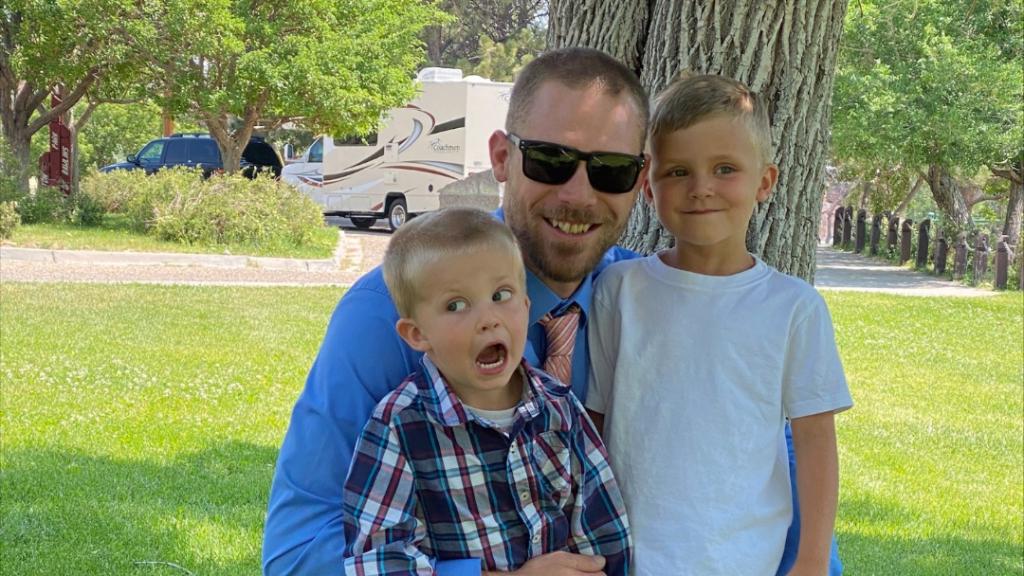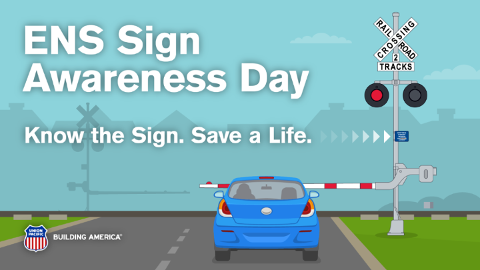Signal Maintainer Scott Davis recently completed training as an Operation RedBlock and Peer Support volunteer to learn how to help others. But nine months ago, the Engineering employee from Wamsutter, Wyoming, needed someone to answer his own call.
Subscribe to Inside Track
“This January, I was almost a statistic,” said Davis. “I was dealing with a lot of lifechanging events at home, and it took its toll on me. One Saturday morning, I was having a panic attack and didn’t know what else to do. I didn’t feel safe being alone. I called Peer Support Coordinator Robert Manlove, then went to my mom’s house.”
Manlove listened. Together, they made the decision to call the Employee Assistance Program (EAP) and start Davis’ journey to healing.
“The EAP team recognized that I was in no position to be at work and took me out of service,” Davis said. “They immediately referred me to a mental health specialist that I continue to see today.”
Davis recommends this path to his peers.
“I’m a different person than I was a year ago,” he said. “Without EAP, Peer Support and Robert Manlove, I don’t know if I would be here today. It’s empowering to know people do care.
"Anxiety, depression and panic make you feel alone. You’re not. Your situation can be dealt with in a healthy manner, when you know someone out there has your back."
His advice for how to help a fellow teammate: Watch their six.
“Railroaders do a great job separating their work and home lives,” Davis said. “It can be hard to tell what people are going through. But if it’s obvious that something is going on, listen. We have to learn to be vulnerable to get the help we need.”
For those in crisis or who know someone at risk, please contact the National Suicide Prevention Lifeline at 800-273-TALK (8255).
Know the Signs
Suicidal thoughts, much like mental health conditions, can affect anyone regardless of age, gender or background. In fact, suicide is often the result of an untreated mental health condition. Please reach out if you or someone you know needs help.
Warning signs of suicide include:
- Unrelenting low mood/withdrawal or extreme mood swings
- Talking of hopelessness or having no reason to live
- Increasing use of alcohol or drugs
- Talking about being a burden to others
- Acting anxious or agitated; behaving recklessly
- Sleeping too little or too much
- Withdrawing or feeling isolated
September is National Suicide Prevention Awareness Month
September is Suicide Prevention Awareness Month. If you or somebody you know is in crisis, please call the National Suicide Prevention Lifeline at 800-273-TALK (8255). pic.twitter.com/Bdr9I86BhQ
— Union Pacific (@UnionPacific) September 10, 2021






